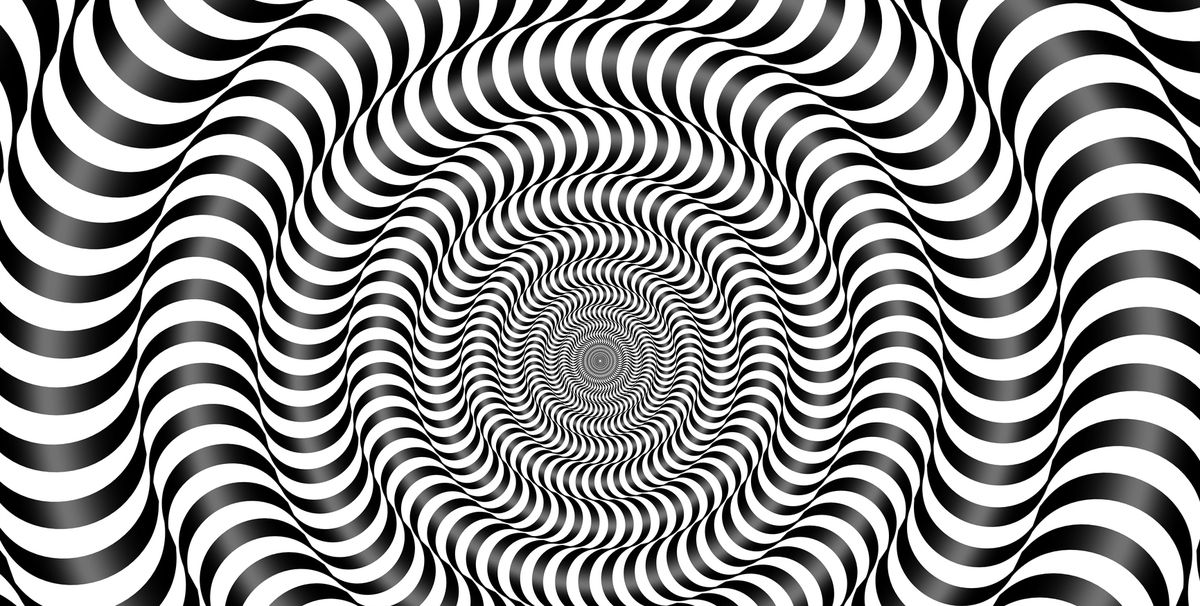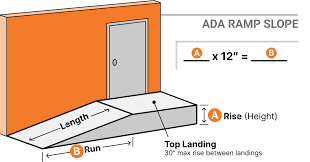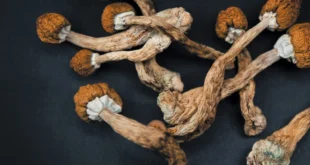Optical Illusions are weirder than you observed
What you notice is what you get — but that’s no longer what’s virtually available.
You are probably acquainted with plenty of optical illusions to the get dressed that broke the net.
We have been discovering such illusions for loads of years; researchers at the college of Oslo these days observed an in particular charming one. Dubbed “the expanding hollow phantasm,” this nonetheless photo of a black hollow seemingly grows over time — and it’s so effective that 86 percent of people who experience the phantasm revel in student dilation in anticipation of decreased mild.
Bruno Laeng, a professor inside the college’s branch of Psychology and the first author of a, observe presenting the phantasm, defined the phenomenon in a statement: “The pupil reacts to how we understand light — even if this ‘mild’ is imaginary like within the phantasm — and no longer simply to the quantity of mild strength that surely enters the attention.”
But what precisely goes on while the eyes trick the mind? Or, to put it more appropriately, what accounts for the disjunction between goal fact and our revel in of it? That’s a far more complex inquiry than it might appear before everything skipped.
Taking the Shortcut
Although we regularly assume in terms of the eye instead of the brain, the retina is virtually a part of the mind. Mild enters the front of our eyes, then travels to photoreceptors in the back of the retina. There, sunlight is translated (or “transduced,” to apply the technical period) into neural indicators, one of the international’s leading professionals in the neuroscience of imagination and prescient.
However, here’s the issue: The brain has a lot of processing strength. Even though a large quantity of that is dedicated to imagination and prescience, the mind has to take shortcuts. The organ ought to be simply efficient enough to ensure we live to tell the tale lengthy sufficient to skip on our genes, not anything more. Consequently, the mind’s interpretation of sensory enter has been subtle over billions of years of evolution to get that right — no longer always to nail the shade of a dress on the internet.
Residing in a Simulation
There’s never a perfect correspondence between goal fact and our enjoyment of it, says Martinez-Conde. Essentially, what we revel in when we “see” something is the brain’s interpretation of sensory input.
“We are constantly constructing a simulation of the sector around us, and we’re living in the simulation,” she explains. “There may be a fact available — as a minimum, we hope so. But we’re not interacting with fact; we’re interacting with the simulation our brains create.”
Nevertheless, visible illusions are not errors of notion, says Martinez-Conde. In different words, they’re not places where the brain receives it wrong. “The manner we understand the sector isn’t like how a cat perceives the world or a bee perceives the arena. You wouldn’t say that we were given it right and that they got it wrong or vice versa,” she adds.
Solving imaginative and prescient
Of path, discovering illusions is one factor; explaining them is any other. There are masses, if no longer lots, of documented misconceptions — more than technology has been able to explain.
It’s no wonder, then, that the neuroscience behind illusions lags behind their discovery, says Martinez-Conde. It’s now not just a query of expertise how the phenomena paintings. as a way to recognize visible fallacies, we want to acknowledge more excellent approximately how imaginative and prescient works. Or, as she puts it, “if we knew how each unmarried illusion works, we’d have solved vision.”
Conclusion
In the meantime, as neuroscientists work to solve vision, the rest folks may have some fun with growing holes and ambiguous clothes.
 Lifeyet News Lifeyet News
Lifeyet News Lifeyet News





